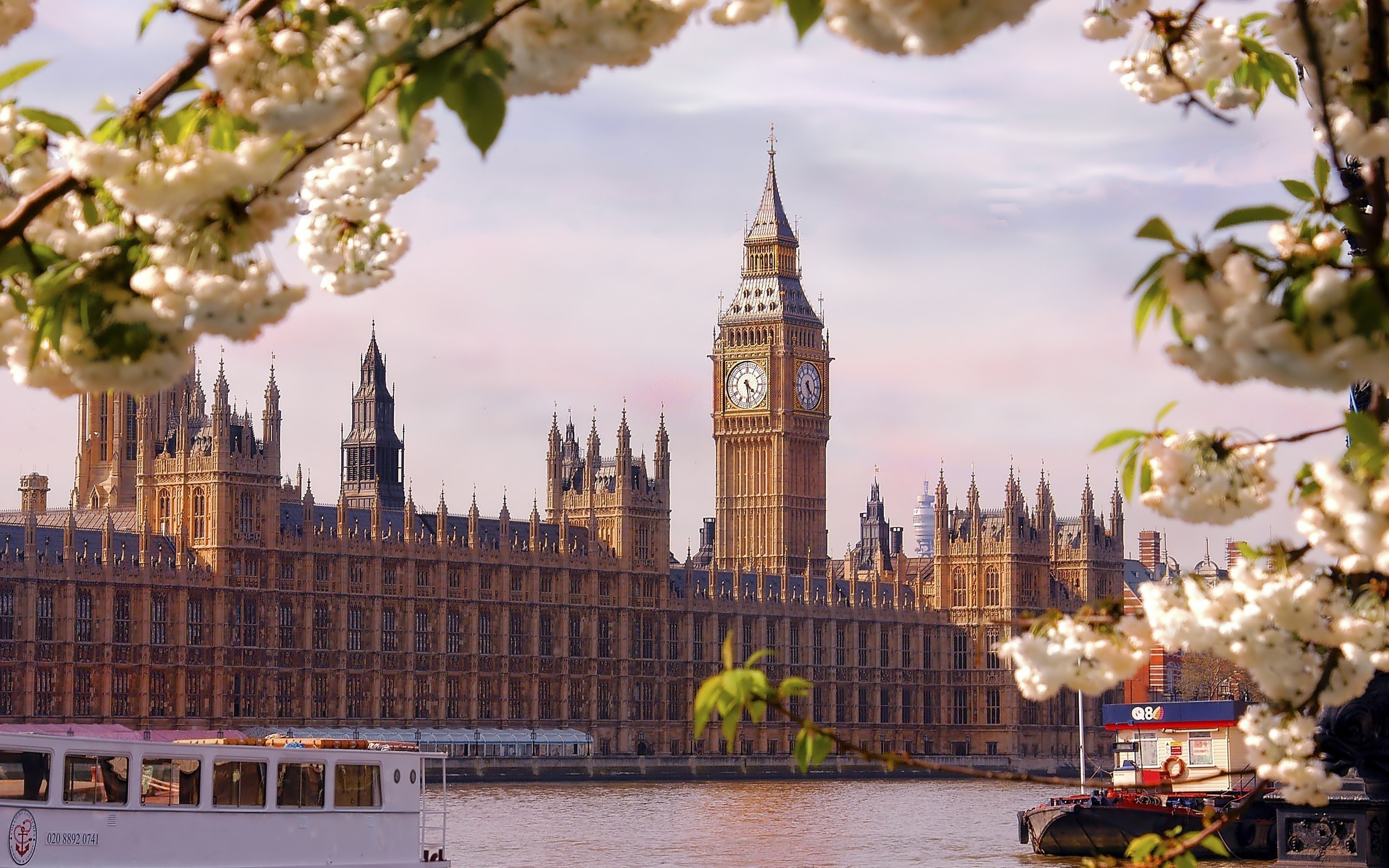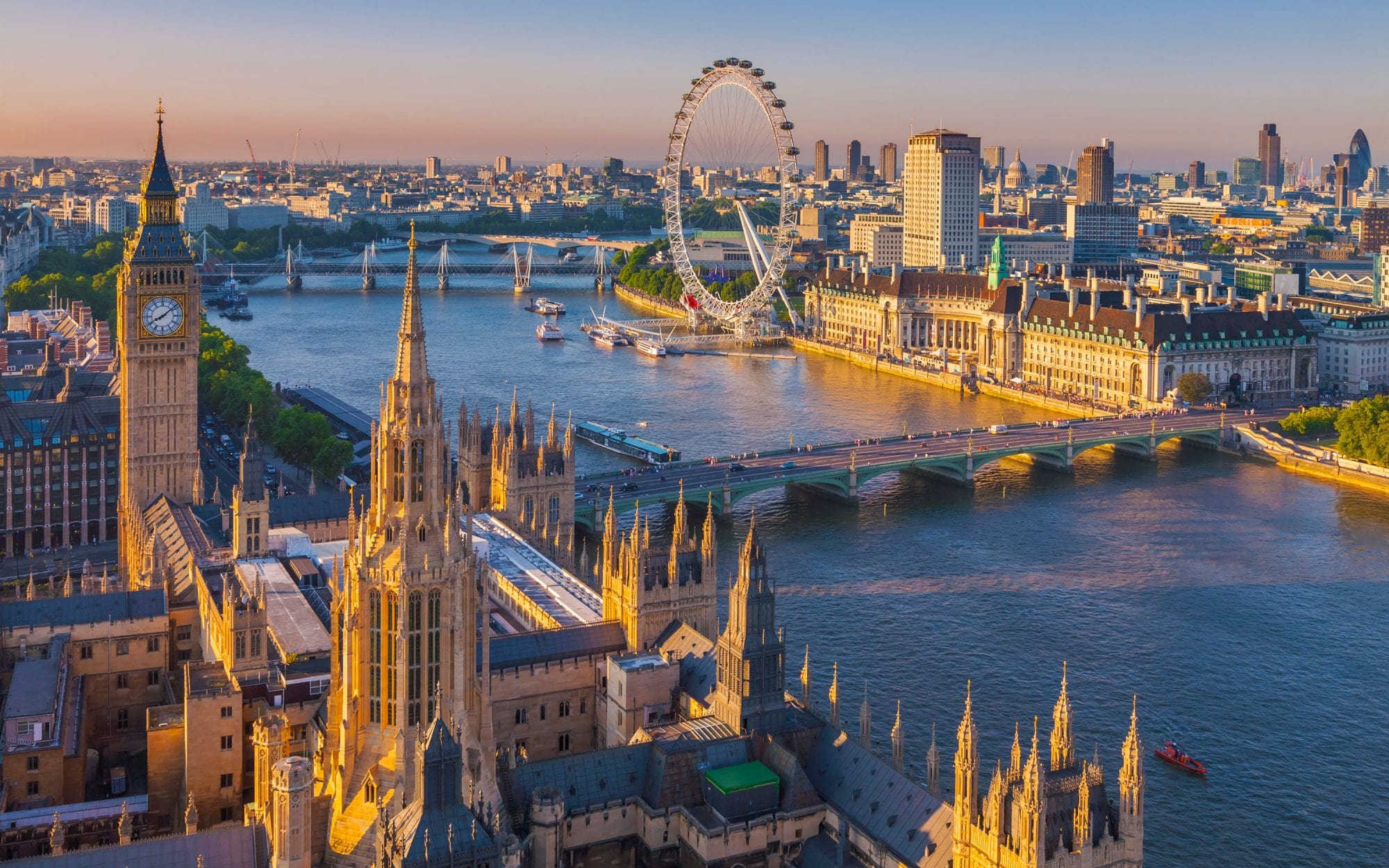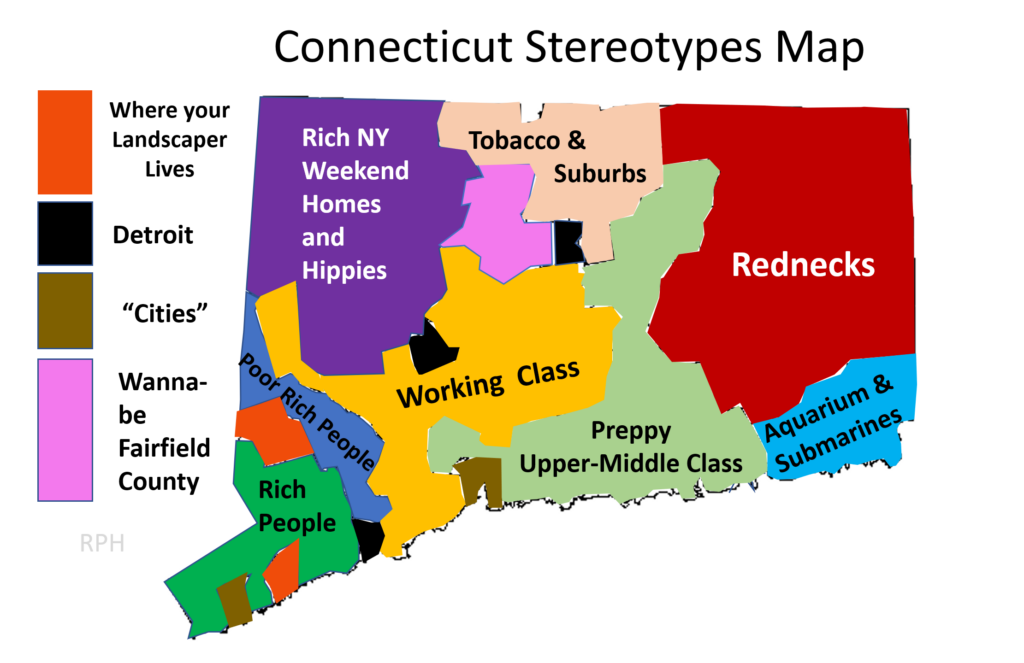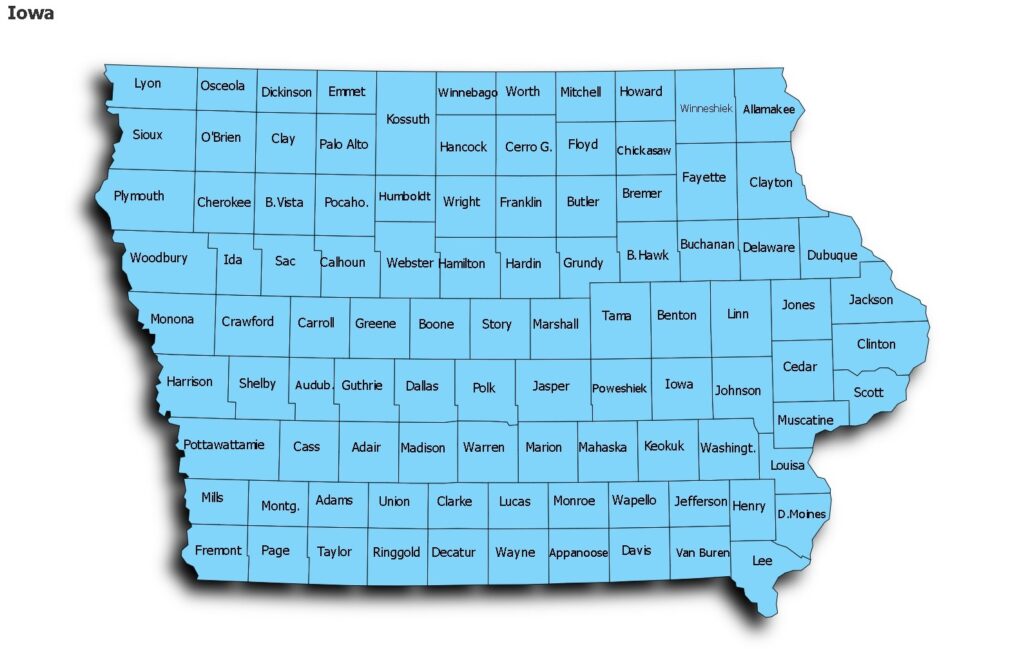Introduction
England, as part of the United Kingdom (UK), holds a unique position geographically and politically within the continent of Europe. This comprehensive guide delves into the various aspects that define England’s relationship with Europe, examining historical contexts, geographical considerations, political dynamics, economic ties, and societal influences.
Geographical Context
England, located on the island of Great Britain, is part of the British Isles, which geographically includes Ireland, Scotland, and Wales. While geographically separated from mainland Europe by the English Channel, England shares maritime borders with France to the south.
Fun Fact
The English Channel, separating England from France, is approximately 21 miles (34 kilometers) wide at its narrowest point, known as the Strait of Dover
Historical Perspective
England’s history intertwines closely with continental Europe, marked by significant events such as the Norman Conquest in 1066 and the subsequent establishment of feudal ties with France. Over centuries, England’s monarchy and aristocracy maintained alliances and rivalries with European powers, shaping its political and cultural evolution.
Fun Fact
The English language has absorbed numerous loanwords from French and other European languages, reflecting historical interactions and cultural exchanges.
Political Relations
As part of the UK, England’s political relations with Europe have been multifaceted. The UK joined the European Economic Community (EEC) in 1973, marking a pivotal moment in its integration with European institutions. However, the Brexit referendum in 2016 and subsequent withdrawal from the European Union (EU) in 2020 reshaped England’s political landscape and its relationship with European countries.
Economic Interdependence
England’s economy has long been interconnected with Europe, with trade and investment playing crucial roles. London, as a global financial hub, has significant economic ties with European markets, influencing sectors such as finance, technology, and manufacturing.
Fun Fact
The City of London, often referred to simply as “the City,” is one of the world’s leading financial centers, hosting numerous international banks and financial institutions
Cultural and Social Influences
Culturally, England shares commonalities with European countries through literature, art, music, and cuisine. European influences are evident in English architecture, traditions, and social norms, reflecting centuries of cultural exchange and mutual influence.
Fun Fact
English literature has been profoundly influenced by European writers such as Shakespeare’s exposure to Italian literature and French dramatists’ impact on English theater
Conclusion
In conclusion, while England is geographically distinct from mainland Europe, its historical, political, economic, and cultural ties with European countries have shaped its identity and influenced its development. Whether considering geographical proximity, historical interactions, political alliances, economic integration, or cultural exchanges, England’s relationship with Europe remains complex and multifaceted, evolving over time with global dynamics.
Commonly Asked Questions
What was the Brexit referendum and its impact on England’s relationship with Europe?
The Brexit referendum held in 2016 resulted in a majority vote for the UK to leave the EU. This decision had profound implications for England’s trade, immigration policies, and diplomatic ties with European nations.
Is England still part of the European Union (EU)?
No, England, along with the rest of the UK, officially left the EU on January 31, 2020, after a transition period. This departure ended its status as an EU member state.
Is England a part of Europe?
Yes, England is geographically located on the island of Great Britain, which is part of the continent of Europe.
How is England connected to Europe?
England is connected to mainland Europe through the Channel Tunnel (Eurotunnel) and ferry services across the English Channel to countries like France and Belgium.
Does England consider itself part of Europe?
Yes, England generally considers itself part of Europe, both geographically and culturally, despite its separate identity within the United Kingdom.
What is the relationship between Europe and England?
The relationship between Europe and England includes historical, political, economic, and cultural ties shaped by centuries of interaction and mutual influence.
Why is England not part of the EU?
England, along with the rest of the United Kingdom, voted to leave the European Union in a referendum held in 2016, leading to Brexit and the UK’s withdrawal from the EU in 2020.
What is the difference between UK England and Europe?
The United Kingdom (UK) includes England, Scotland, Wales, and Northern Ireland. “UK England” refers specifically to the country of England within the larger political entity of the UK, while Europe denotes the continental landmass.
What is the land between England and Europe?
The English Channel, also known as La Manche, separates England from continental Europe.
When did England become a European power?
England began its rise as a European power during the Age of Discovery in the 16th century, establishing colonies and trade networks across the world.
What is England also known as?
England is sometimes referred to as “The Land of Hope and Glory” or simply “The Land of the English.”
How many states are there in England?
England does not have states. It is divided into counties and metropolitan boroughs for administrative purposes.
- Is England Part of Europe? - July 2, 2024
- Guatemala Maps & Facts - June 29, 2024
- Ghana Maps & Facts - June 28, 2024





